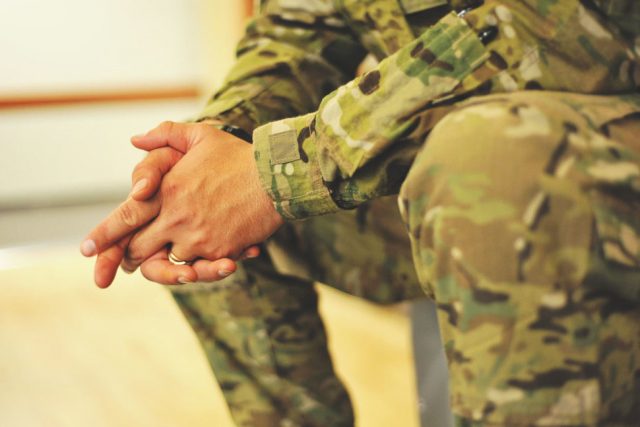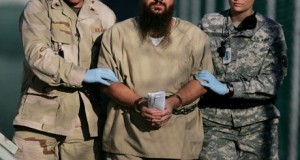On Thursday, July 7, 2016, the National Press Club hosted a panel of distinguished professionals with the purpose of discussing the ever-growing divide between our military personnel and our civilians; specifically regarding invisible versus visible wounds. The introductory remarks emphasized the importance of changing perception and building partnerships. In 2014, an average of 20 veterans took their own lives every day, and that is simply an unacceptable statistic. The VA is striving to integrate primary care and behavioral health in several ways, including introducing a mobile app, supporting programs that provide service dogs to veterans suffering from PTSD, and by pursuing the goal of having same day evaluations in every facility in the next few years. From 2010 to 2015, veteran homelessness decreased by 15%. Our service members want help, not pity, the panel stated simply. And asking for help takes great courage.
One study showed that invisible wounds are 6 times higher than physical wounds. Seven out of every ten American civilians surveyed said that they don’t understand the problems facing our vets, and eight out of every ten vets responded that the general public does not understand their problems. There is a stigma of embarrassment and shame involved with asking for help with mental health challenges. Simply put, veterans are afraid to ask for help because of the repercussions they risk facing from family, friends, and employers. Ten to twenty percent of vets who served in Iraq or Afghanistan are suffering from PTSD, and 60 % of those vets describe managing those invisible wounds as very challenging, even more so than finding a job or reconnecting with family. Sadly, 40% of vets believe that care won’t help, and because of that, less than half of the vets who need care are actually seeking it. Thirty three percent of the public and 47% of vets reported experiencing a mental health challenge in the last year. These challenges impact all of us, not just veterans. Twenty to twenty five percent of the civilian work force has one or more mental health issues, and one in every two employers have a mental health challenge. Ninety one percent of veterans ranked mental health as being as important to them as their physical health, and vets have proven to be more adept at identifying and helping someone who is struggling with a mental health challenge than civilians.
The problem continues when vets seek employment once retired from active duty. Employers think that vets with mental health challenges are more dangerous. Employers also tend to favor those with previous job related training or experience. We view our veterans as heroes, but fail to value them as the strategic assets to our community that they are. The panel also discussed how veterans feel when they are referred to as a ‘hero.’ As one veteran explained, wars make heroes, but not everyone who goes to war comes back a hero. The majority of America cannot fathom the sacrifices that these men and women make to serve and protect us. And while much of what they do should be classified as heroic, most of them would humbly respond that they were just doing their jobs. To many, it is that very selfless humility that does in fact make them heroes.
Our wounded veterans are not damaged goods; they are all strategic assets to our communities and our nation in their own unique ways. While they might not have job specific training, they excel in categories such as communication, leadership, empathy, loyalty, and sense of duty. Employers need to do a better job of recognizing the talents of these veterans. So too, the media can help by beginning to break the negative stereotype surrounding mental health issues. But even they can only go so far. The media reflects consumers, and negative stories sell more than positive ones. Forty percent of media coverage involves some sort of violence; it is what consumers want to read. We must allow vets to tell their own stories. And we must be wary that the divide facing our country could get much bigger, with both civilians and veterans suffering from war fatigue. Through this talk, through this article, we have turned the volume up a notch or two regarding mental health. Now there is a collective exhale; now we can talk about this dire issue. Veterans may take off the uniform, but they never take off their warrior ethos. Just as in so many other situations, in the case of reforming the stigma surrounding mental health, our veterans are courageously leading the way and once again proving themselves to be an invaluable asset to our country.
To all the brave men and women who protect our country, and to all their families and friends, for their sacrifices: THANK YOU FOR YOUR SERVICE.










